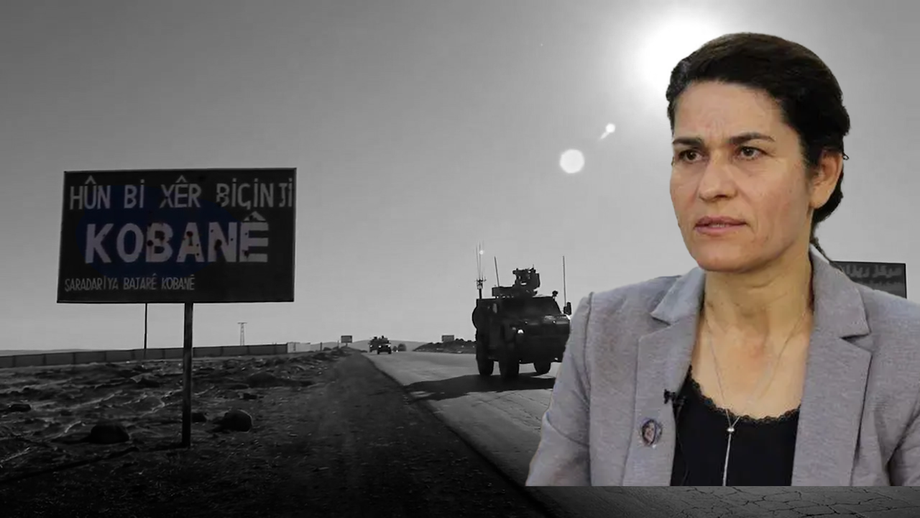Ceasefire negotiations between Turkey and the Syrian Democratic Forces (SDF) have failed despite US-led mediation efforts. Turkey’s demands, which included a militarised zone near the Qara Quzaq Bridge, halted progress. Kurdish leaders warn of escalating threats to regional stability.
Turkey reportedly demanded the relocation of the tomb of Süleyman Şah to its original site near the Qara Quzaq (Qere Qozaq) Bridge, a strategic bridge over the Euphrates between Manbij (Minbîc) and Kobani (Kobanê). In addition, Ankara sought control of a one-kilometre militarised zone in the area. These conditions, viewed as unacceptable by the SDF, ultimately derailed the agreement, sources have revealed.
Speaking on Sterk TV on Saturday, prominent Syrian-Kurdish diplomat and Foreign Relations Co-chair for the AANES Ilham Ahmed, criticised Turkey’s actions in the region. “Turkey takes out all of its anger on the Kurds, on North and East Syria,” she said. Ahmed argued, “Turkey wants to push forward its project under the pretext of security, but this will become clear from now on.”
Ahmed also noted growing regional unease over Turkey’s ambitions. “The Arab states are scared of Turkey’s role because if Turkey takes control of Damascus, it means Turkey can threaten Arab countries from there,” she warned.
The failed ceasefire coincides with renewed military activity. Turkish drones are reportedly continuing surveillance missions in SDF-controlled territories near Kobani. The US deployed additional military units to the Qara Quzaq area earlier this week, intending to monitor the situation and facilitate dialogue between the parties.
Earlier on Saturday, SDF Commander Mazloum Abdi had expressed optimism about a potential ceasefire, stating on Kurdish media that the group was prepared to discuss Turkey’s demands, including the relocation of the tomb of Süleyman Şah. However, these hopes were dashed as neither side reached a compromise.
During her comments, Ilham Ahmed highlighted the broader geopolitical stakes in Syria. “Syria’s political process will be decided in Jordan,” she noted, referencing a recent summit involving Arab and Western nations. She stressed that Turkey’s actions jeopardise not only Kurdish autonomy but also the region’s fragile stability.


